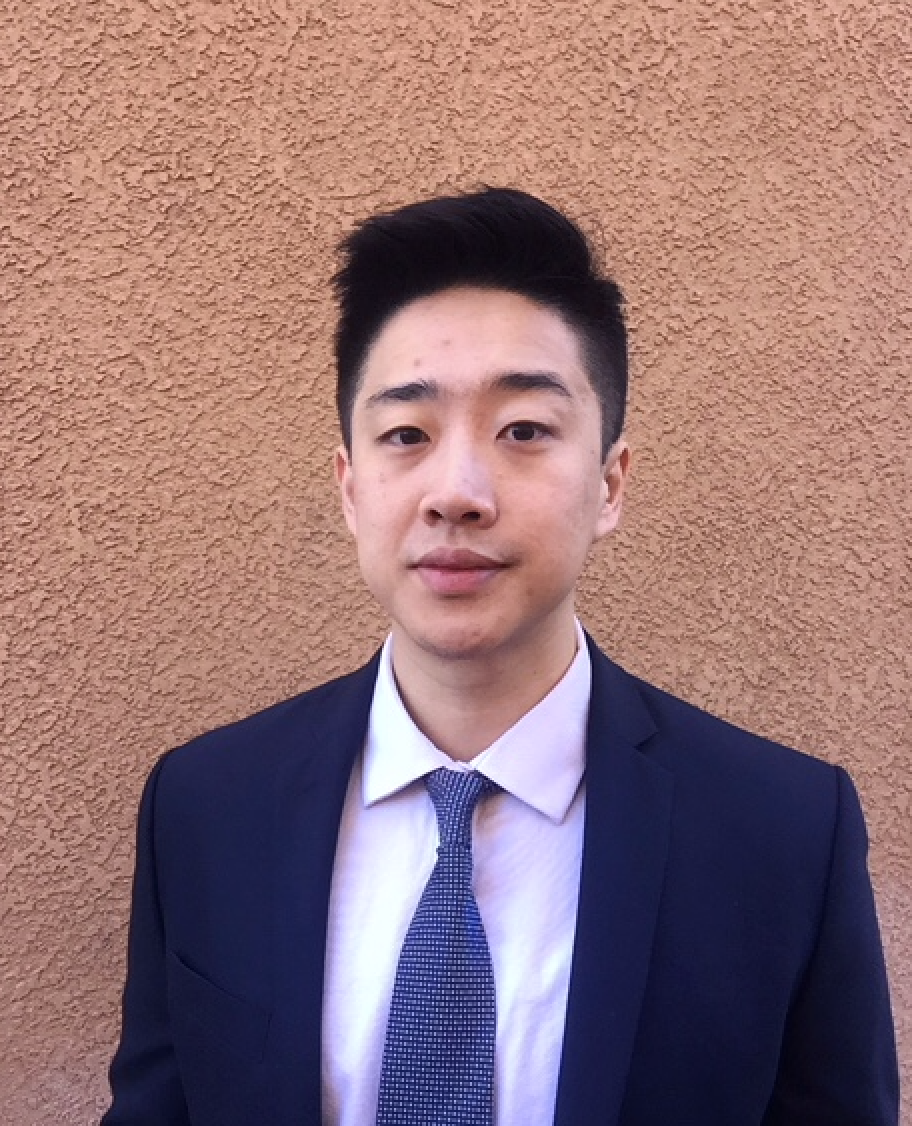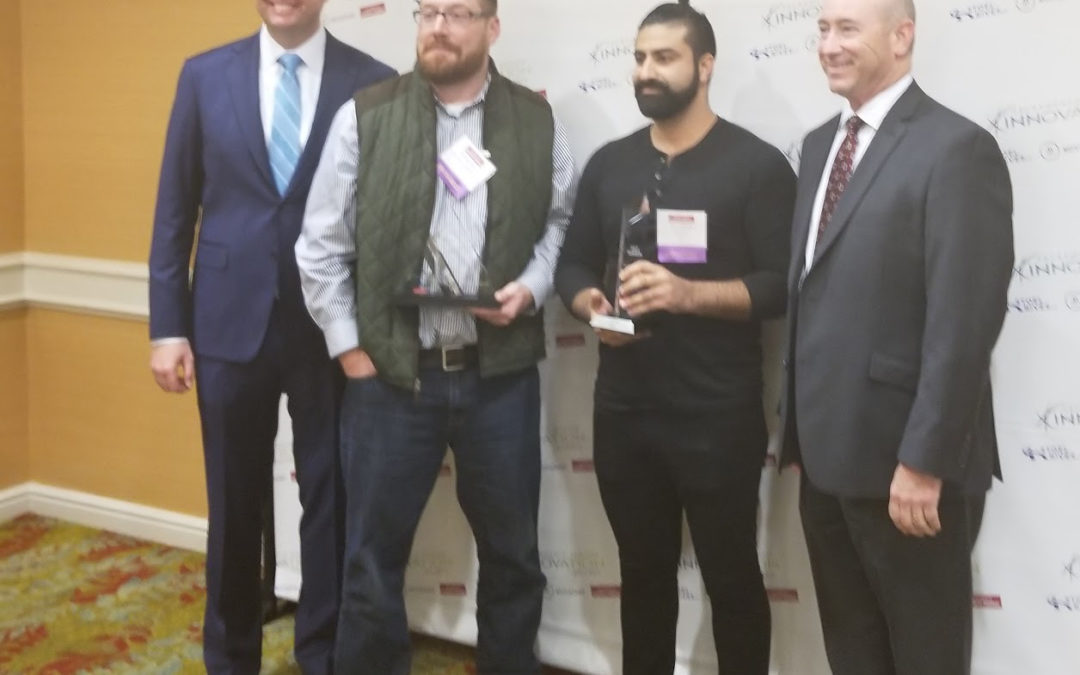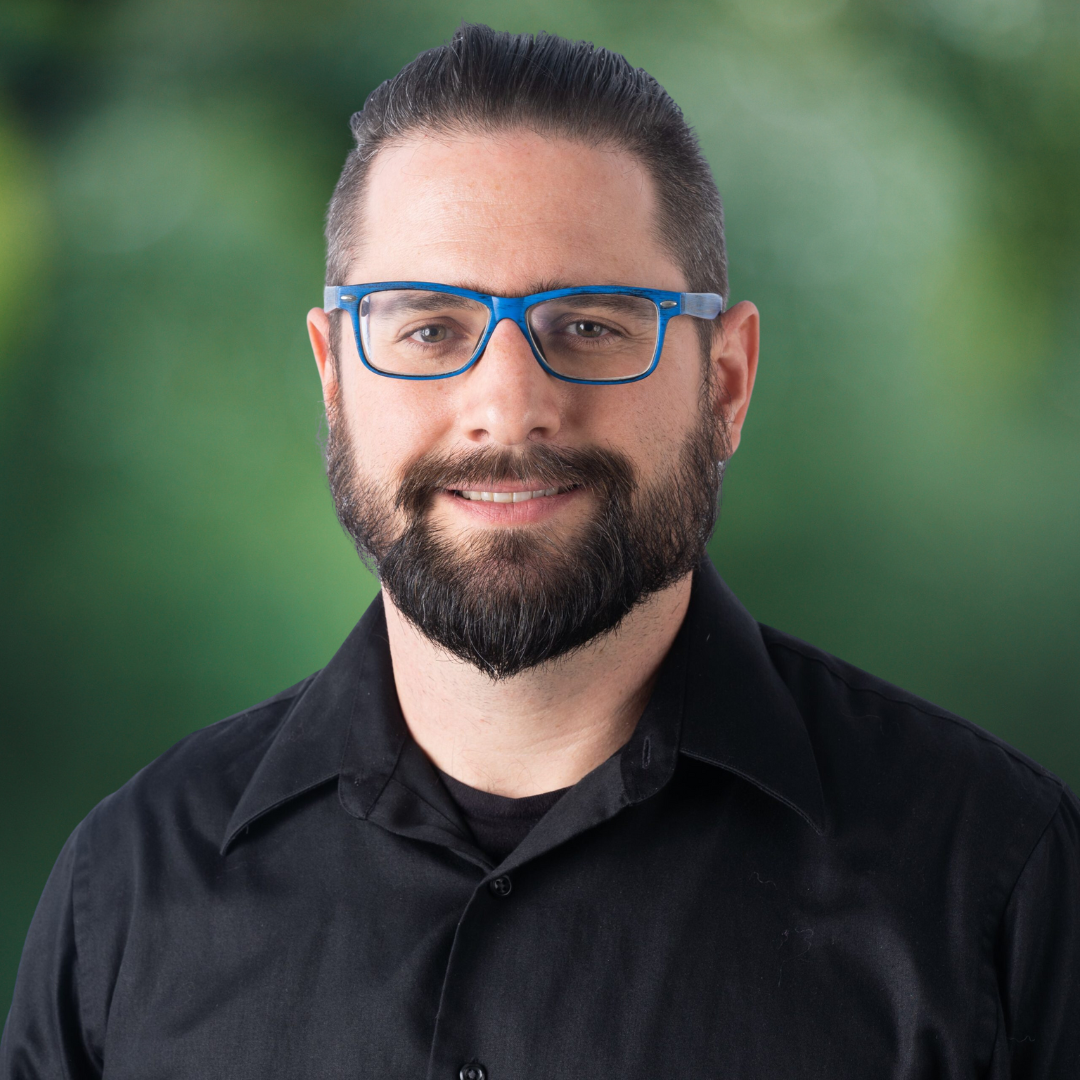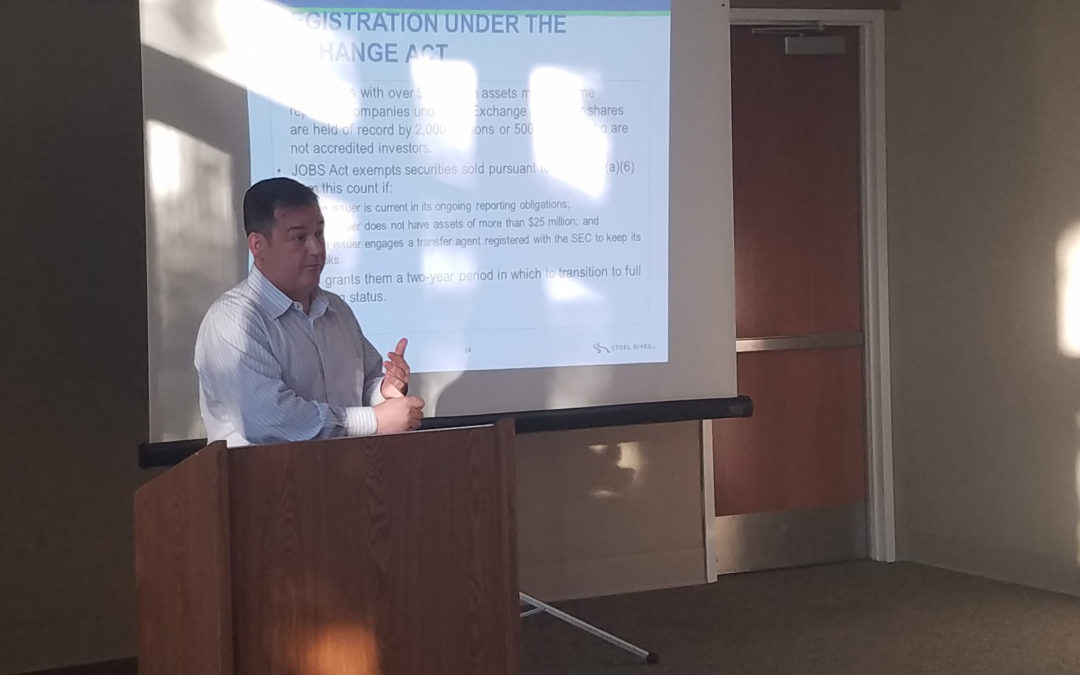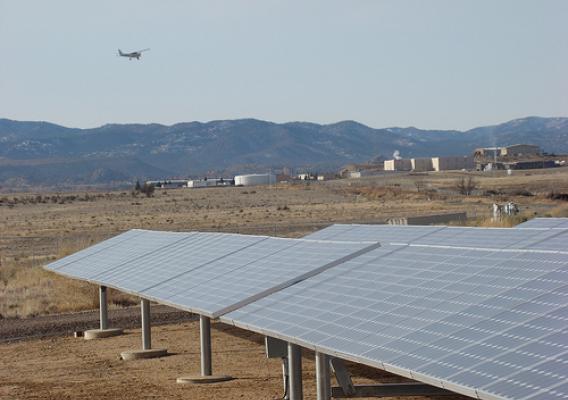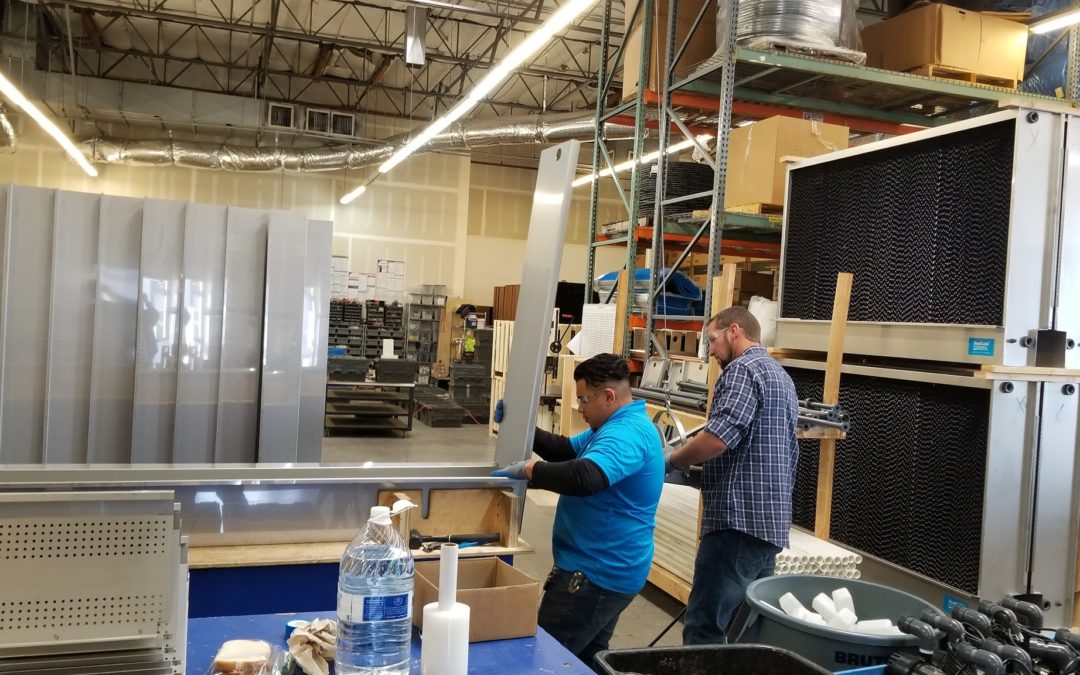
Company Profile Integrated Comfort
Congratulations to Integrated Comfort Inc. (ICI) for being acquired by Seeley international! Seeley international is Australia’s largest air conditioning manufacturer and a global leader in developing ingenious, energy-efficient cooling and heating products.
Lead by Dick Bourne’s (CEO) technical expertise and Steve Short (CFO) ICI has successfully grown and garnered international attention to the HVAC retrofit. With Seeley’s purchase they will continue their their growth scheduled for 2018. Steve believes the acquisition will provide ICI a significant potential to scale in the long run given Seeley’s in-depth HVAC experience and international experience and ICI will be able to offer Seeley a presence in the fast growing United States HVAC market.
Integrated Comfort develops retrofit solutions for commercial rooftop air conditioning. They use evaporative cooling to increase the efficiency of existing HVAC products. ICI is headquartered in West Sacramento, California and recognized as a rapidly growing clean technology manufacturer in the region. Within less than three years, the size of the team has grown from two full-time employees to fourteen. Also, the management team is confident about the future potential as ICI continually builds out a well-diversified customer portfolio while maintaining a very strong long-term business relationship with a great customer, WalMart.
ICI’s patented products, DualCool and Coilcool are demonstrated to be efficient mechanical cooling systems that reduce peak electrical demand up to 40% and reduces cooling energy consumption up to 35%. As of 2017, Integrated Comfort has installed more than 2,500 units of DualCool units at 380 WalMart stores across seven states in the South West.
ICI’s competitive advantages come from Dick Bourne’s decades deep experience in energy efficiency. After being a founding member of the Davis Energy Group Dick joined UC Davis in 2006 and formed the Western Cooling Efficiency Center (WCEC). Dick left the WCEC in 2009, and joined ICI as an owner to focus on growing the company and the deployment of a suite of energy efficiency solutions which he had been the primary inventor of. His background and leadership has enabled the company to be highly innovative through collaborations with research institutions and manufacturers.
ABOUT THE AUTHOR
Qidong is a CleanStart Associate who follows new technologies that can connect with his passion for sustainability, education and economic empowerment. Helping CleanStart and clean tech startups in the Sacramento Region, he is looking to help positively impact the world. He recently graduated from UC San Diego and has a B.S. in Managerial Economics. His multicultural background helps companies approach problems from new perspective.in the region.

